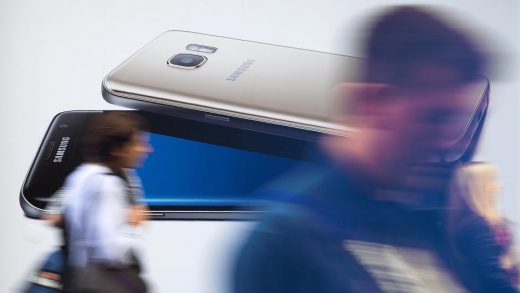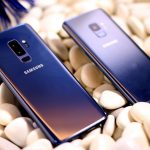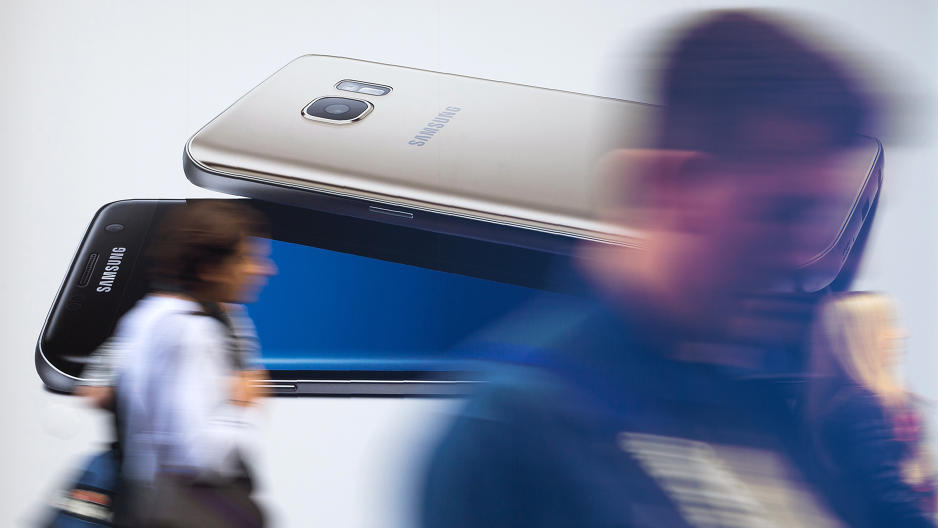Mixed Views On Samsung’s Crisis Management Make For An Uncertain Recovery
Earlier this week, Samsung announced a massive recall of its Galaxy Note 7 following reports of exploding batteries.
This wasn’t the first time a company had to take back faulty or even dangerous products. Over the last two years alone, recalls have been the unfortunate byproduct of rapid technological innovations ranging from furniture to vehicles.
In 2014, Nest recalled 440,000 Protect smoke detectors after they failed to sound an alarm. In 2015, Fiat Chrysler recalled 1.4 million cars because of a major security flaw that made it possible for hackers to gain access to the vehicle, and earlier this year, Ikea recalled 29 million dressers after six children were crushed to death. Earlier this year, Volkswagen was also forced to fix or buy back 500,000 cars equipped with fraudulent emissions software.
Sinking From Sunk Costs
The success of a company following a major recall of dangerous or faulty products is a different story that often depends on how the organization responsible handles the situation. How will the way Samsung’s leadership reacted be viewed by their customers?
“On a scale of 1 to 10: a 1,” suggests Mark Johnson, an associate professor of operations management at Warwick Business School in the U.K. Johnson explains that the company appears to have fallen victim to the “sunk-cost fallacy.” Samsung was too eager to see the product through in spite of the potential problems because of how much time, money, and energy they had already dedicated to its development.
“The reality is that everything was rushed, even the first attempt at a recall, when they didn’t get to the root of the problem,” he says. “Now they are paying a huge price.”
Johnson adds that transparency is key for winning back customers following a massive recall. Whether Samsung deliberately withheld information or simply wasn’t aware of the problem is irrelevant from the consumer’s perspective. “Samsung just didn’t know what was wrong. A lot of this stems from them rushing the process, so they weren’t aware of where the problems came from, didn’t know where the faulty phones were, nor did they turn around immediately and say how they would respond to it,” he says.
Johnson explains that whether or not the company was aware of the faulty batteries before they began shipping the Galaxy Note 7, they seemed too eager to release the product ahead of the iPhone 7. As a result there is a perception that the South Korean tech giant put time-to-market ahead of customer safety, something consumers won’t soon forget.
Could Samsung Have Done More?
But not everyone believes Samsung acted inappropriately in this particular circumstance. Ken Daly, the CEO of U.K.-based consumer product company JML, believes Samsung dealt with the incident “pretty well.” He suggests that the global technology manufacturer is an easy target because of its size and influence, and that it’s far too easy for outsiders to suggest how they could have acted faster or done things differently.
“They took action, replaced faulty handsets while presumably investigating the manufacturing issue, and then recalled all the phones,” he observes. “They’ve since said they are not going to manufacture the Note 7 smartphones again. I’m honestly not that sure what else they could realistically have done,” he says.
When Outside Forces Work Against You
Daly’s biggest concern with the recall is not how Samsung acted, but rather how the South Korean Finance Minister, Yoo Il-ho, said to reporters: “If they do scrap the model, it will have a negative impact on exports.”
“It appeared to encourage the idea that it’s okay for manufacturers, and to a lesser degree retailers, to put profit over safety,” says Daly.
In spite of what may be perceived as an overstep by the finance minister, Daly believes the company’s reputation will recover “quite quickly.”
“If Samsung does everything in their power to reassure customers that they have identified the issue with this product, know what went wrong, and can learn from the issue,” Daly says, “then I don’t see any reason why their reputation should not fully recover.”
Samsung did not respond to multiple requests for interview.
Fast Company , Read Full Story
(22)














